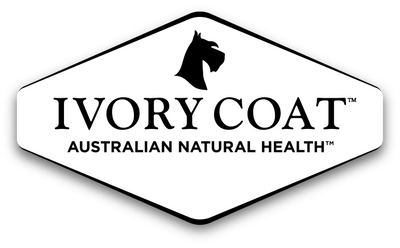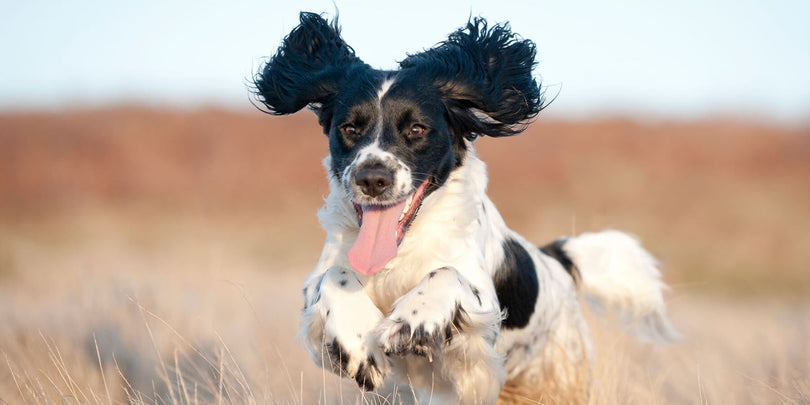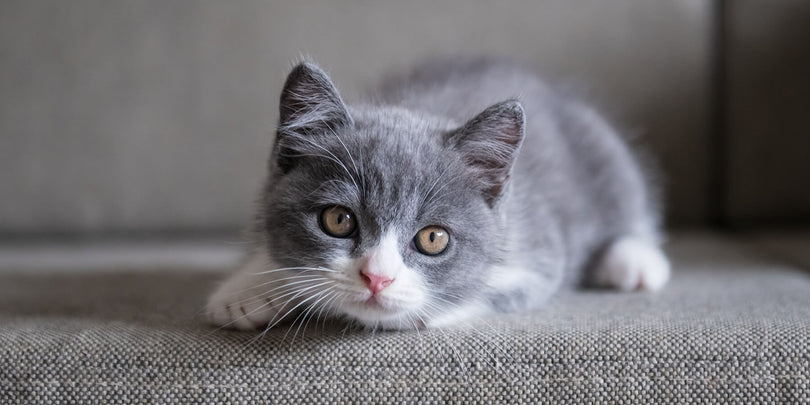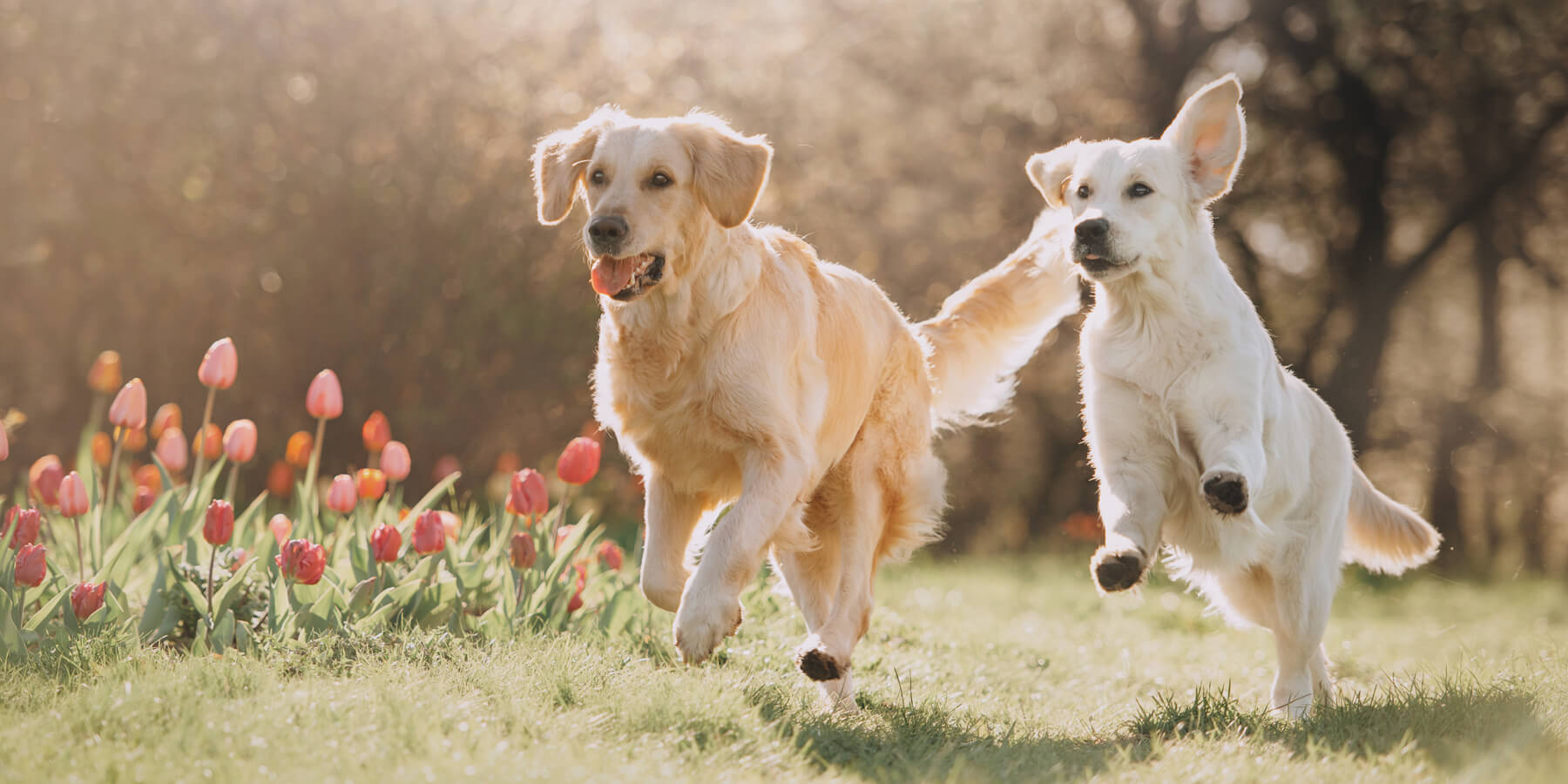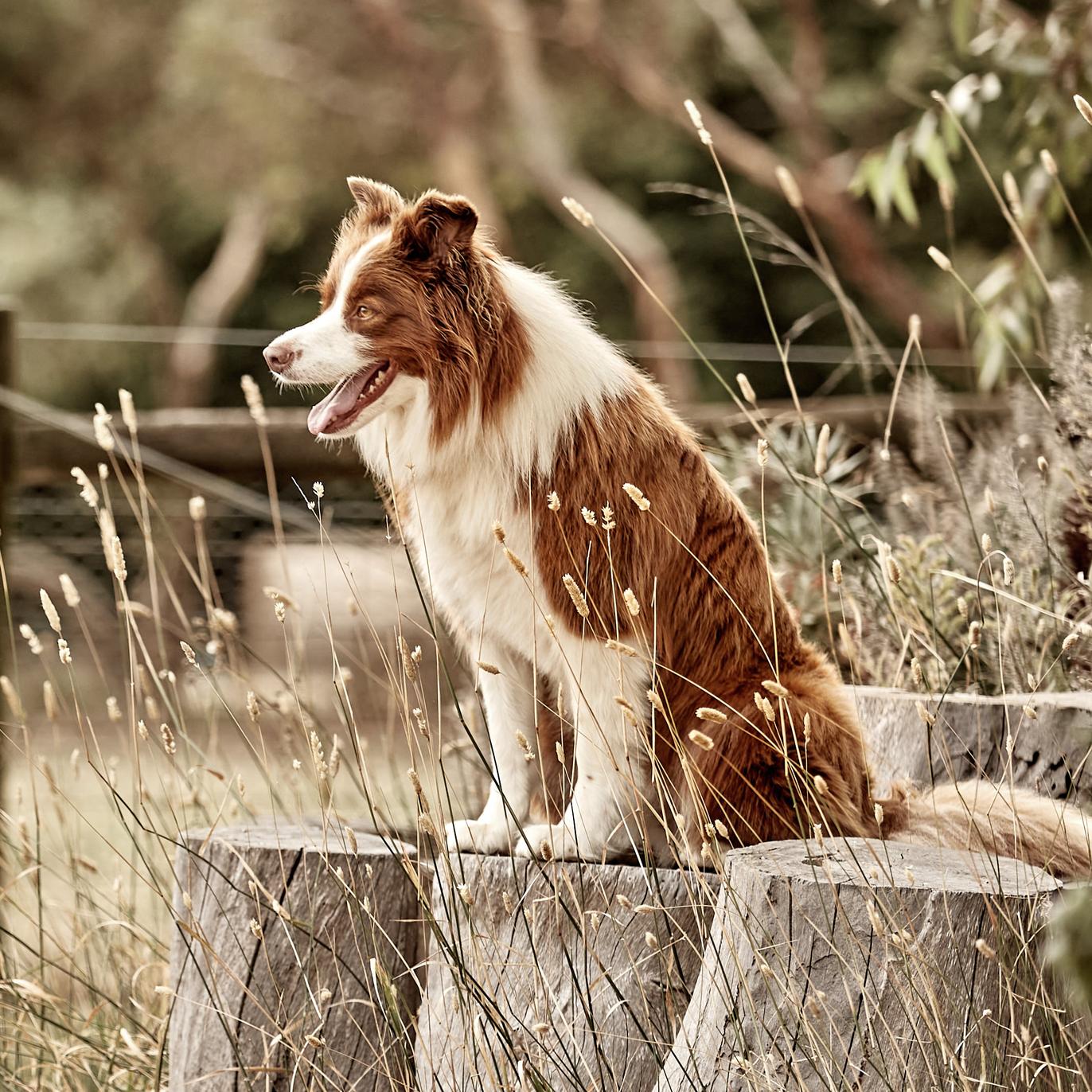Our in-house pet nutritionist explains the concepts of calories, how this translates to energy in your pet, and shares tips on how to make sure your pet is getting the right amount of energy to maintain a healthy body weight.
WHY IS ENERGY IMPORTANT FOR MY PET?
Energy is an important element in nutrition and needed by your pet to:- Engage in physical work (the exertion from day to day physical activity)
- Regulate body temperature
- Perform metabolic work (maintaining and synthesizing body tissues)
- Excreted in bodily functions (urine, faeces)
WHAT ARE CALORIES?
Calories are ways of measuring energy and just like in humans, they are used in calculating your pet’s energy requirements. Calories (also known as kilocalories, kcal and kilojoules (kJ) both measure the same thing, energy, but kilojoules are a metric measurement, and calories are non-metric.
WHY IS MEASURING ENERGY SO IMPORTANT?
It’s important to remember energy must be balanced in your pet. To maintain a healthy body weight, the level of energy ingested must equal the amount of energy used by the pet. When your pet eats more than they need, an imbalance can occur causing obesity and other chronic health conditions. If they don’t eat enough, your pet could suffer from weight loss and muscle wastage.
HOW MUCH ENERGY IS IN MY PET’S FOOD?
Energy is always the first need met by your pets’ diet, and this energy can come from eating protein, fat and carbohydrates.
The calorie content of a pet food product depends on the moisture content and the level of protein, fat and carbohydrates. Besides providing a range of textures and tastes, pet food formats also provide a range in calorie densities.
Dry foods are up to 4 times energy dense when compared to wet foods, so you don’t need to feed a large amount of dry food to your pet to give them a balanced meal and their daily energy requirement. Dry food is a great option for larger pets where dry food is more economical to feed, or for working dogs who require a significantly high amount of daily calories.
Your pet will need to eat a greater amount of wet and chilled foods to get the same level of energy. This is beneficial for pets who struggle with overindulging in food. Wet and chilled foods are also high in moisture which enables pets to receive hidden water for their daily water intake, perfect for those pets that do not like to drink water voluntarily.
HOW MANY CALORIES DOES MY PET NEED?
The amount of energy your pet requires is unique to your pet. The total daily energy requirement of a pet is dependent on their age, breed, body size, body condition, hair/coat thickness, health status, activity level, and environmental factors (e.g. if they live outside). Find out how many calories your pet needs with our new Ivory Coat Food Check tool.
For this reason, the feeding guide on pet food is based on an average and is only a guideline. It is extremely important to monitor your pet’s body condition to ensure the pet is maintaining their optimal body weight and condition otherwise you will need to adjust the volume of the food given.
CHOOSING THE RIGHT FOOD FOR YOUR PET
When it comes to choosing the right food for your pet, don’t just use calories as the only factor of consideration. Consider the lifestage of your pet, and their needs and preferences. Puppies and kittens need lots of energy to grow, adult pets may need extra energy to reproduce or work, and geriatric pets may need extra energy and nutrition to maintain body condition. Fewer calories doesn’t always mean a healthier food.
OUR NEW FOOD CHECK TOOL CAN HELP!
To help you feel confident in your choice of pet food we have developed a new interactive FOOD CHECK on our website! Simply enter in your pet’s details for a personalised meal planner and feeding guide based on recommended daily calories for your pet. You can also register to get a free sample of our dry food so your pet can try before you buy.
